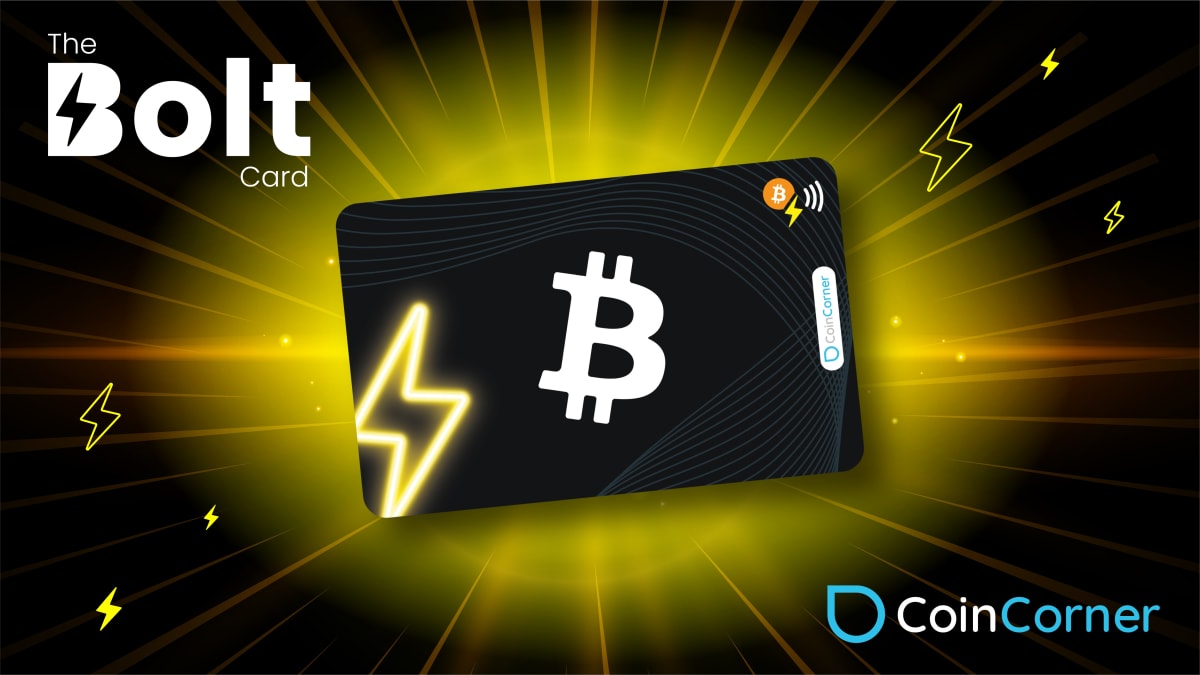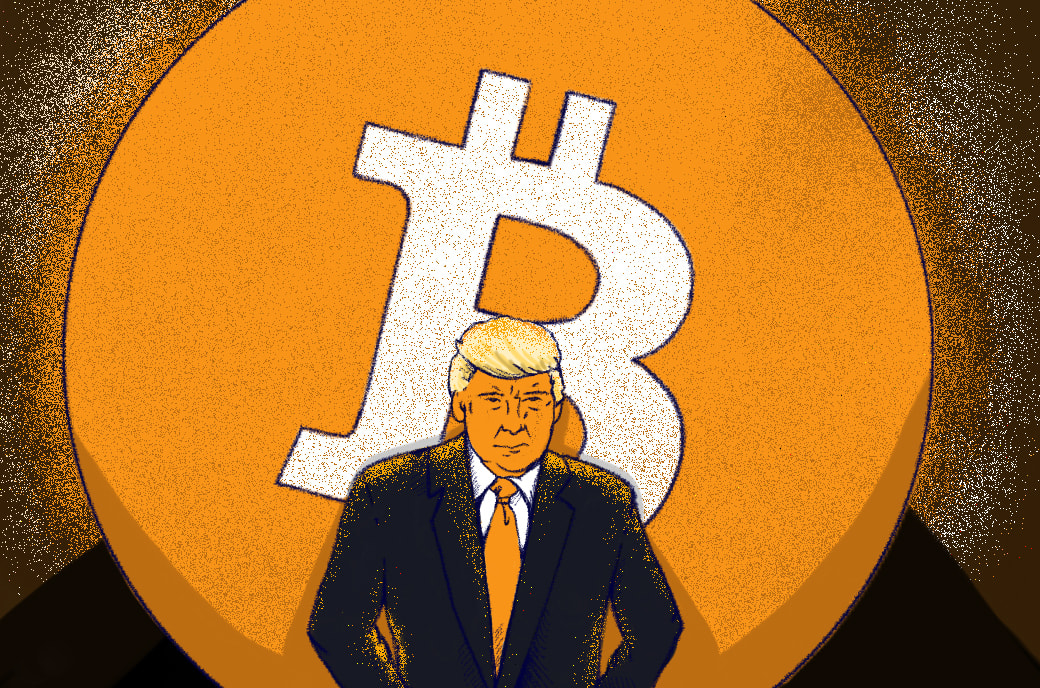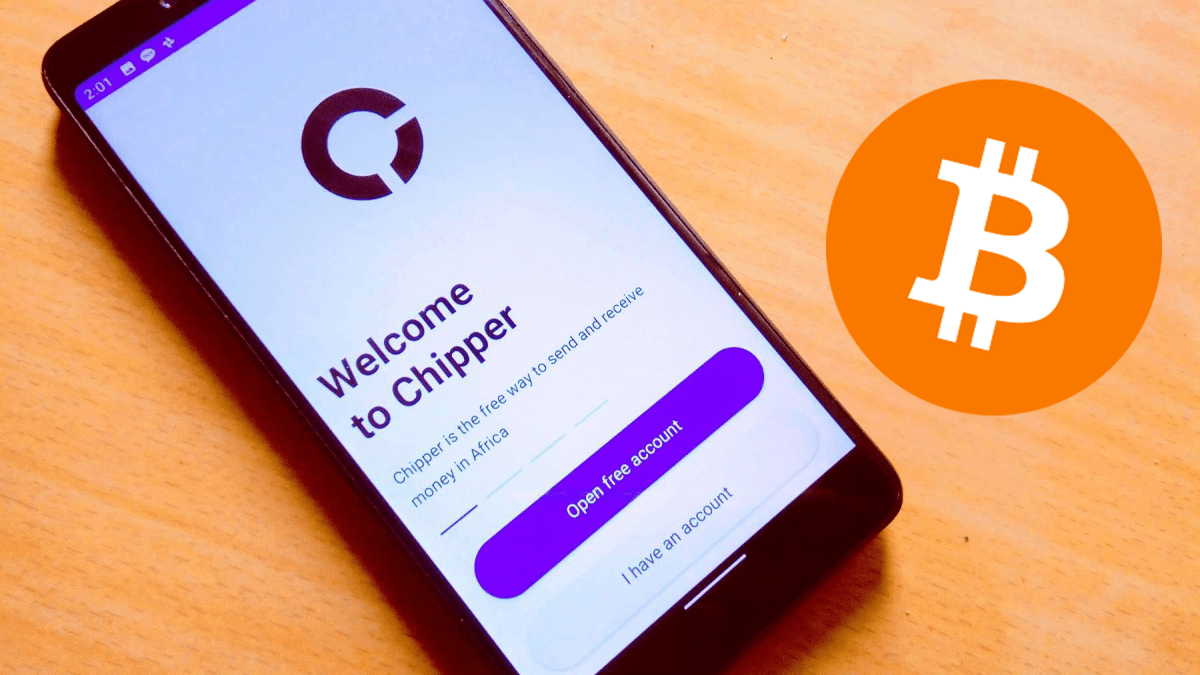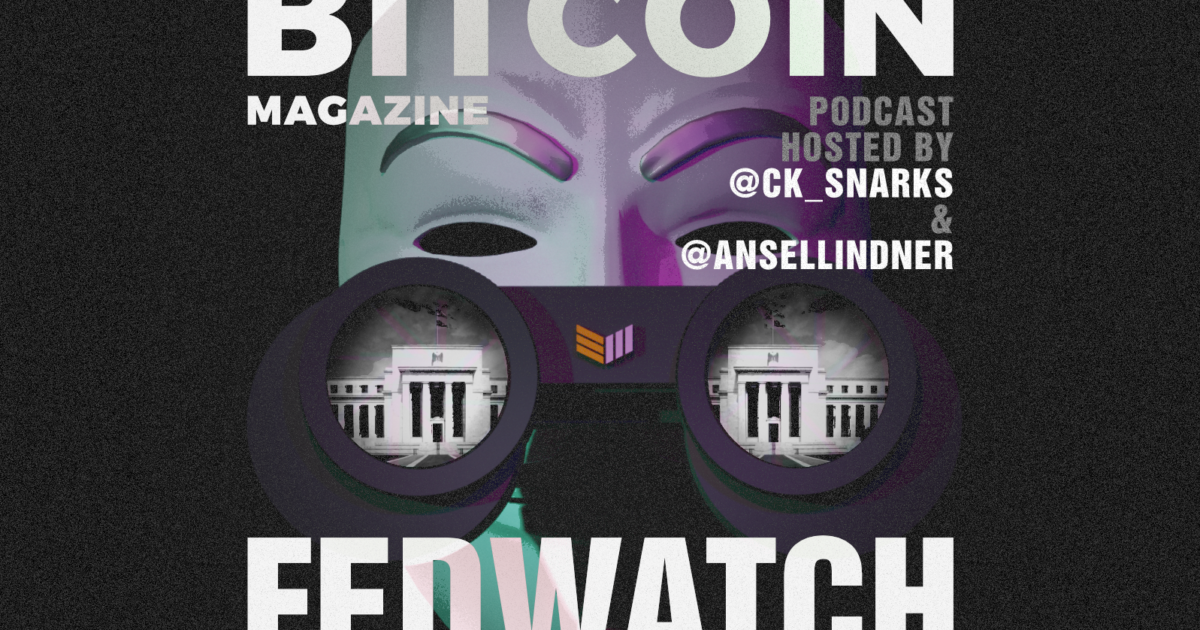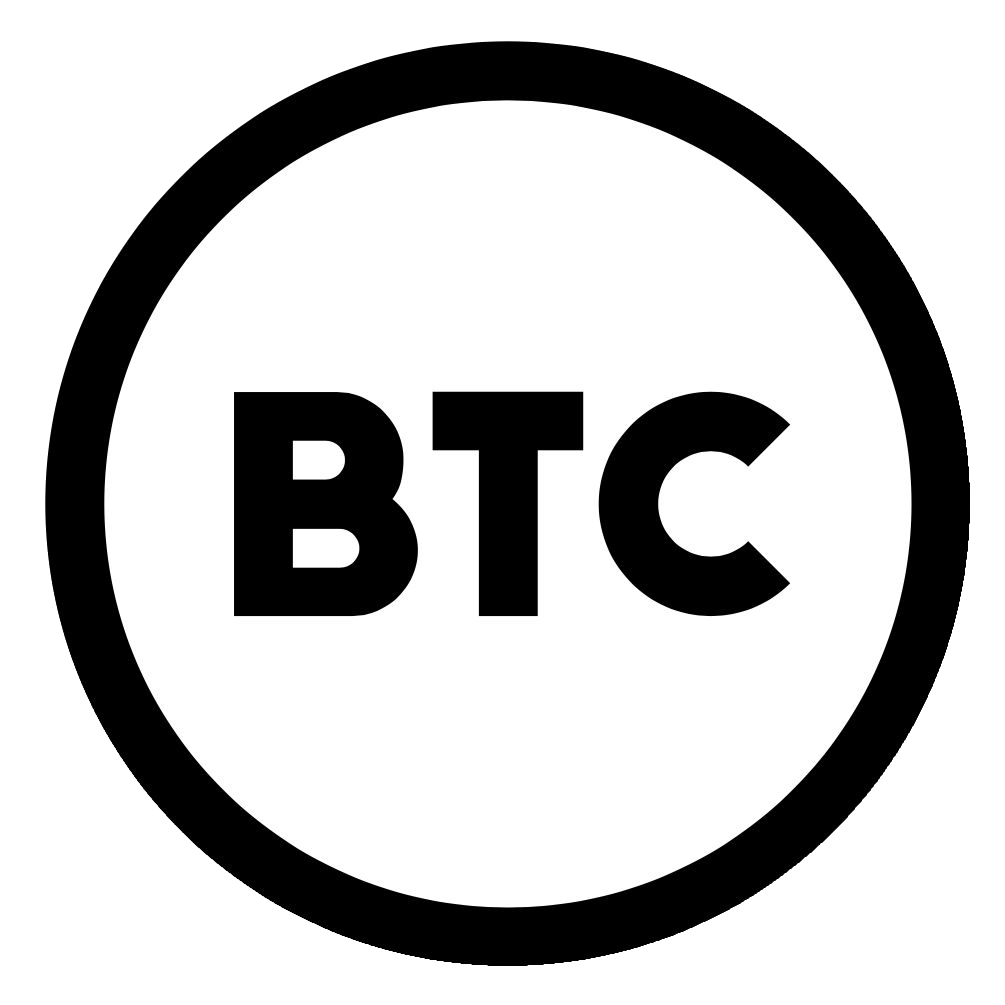What Ray Dalio Is Missing About Bitcoin
Famous investor and hedge fund manager Ray Dalio recently tweeted out a thread listing the three biggest sticking points preventing him from jumping on the Bitcoin bull train.
Although myths about Bitcoin like these have been continuously debunked, clearly there’s more work to be done in dispelling misunderstandings like Dalio’s.
So let’s do that here — for Ray, and for our new wave of HODLers on the horizon.
“Bitcoin Is Not Very Good As A Medium Of Exchange”
Bitcoin both is and isn’t a good medium of exchange based on Dalio’s reasoning. Here’s where he’s right: Not every business in the world currently accepts bitcoin and holds it once they receive transactions from customers.
Here’s where he’s incorrect: There are so many tools that can process bitcoin payments and allow the user to transact with bitcoin, while the merchant doesn’t receive exposure to the risks of it (and may not even realize the purchaser used Bitcoin). A perfect example of a brand new tool that accomplishes this is Strike.
Strike uses technology called the Lightning Network that has only been live for about two years. Lightning Network is the best technology to allow scalable, smaller payments on the Bitcoin network. Before Lightning, it was expensive to transact with bitcoin, as each transaction required block space on-chain, and you had to pay a premium for that block space in the form of transaction fees.
Additionally, payment processors such as BitPay and OpenNode are onboarding more and more merchants who are willing to accept Bitcoin payments. Not to mention the fact that the man at the helm of one of the largest payment processors in the world, Square, is Jack Dorsey, and that it’s hard not to see the enabling of Bitcoin payments as something on their roadmap.
Of course, we’d be remiss if we didn’t also mention PayPal allowing users to purchase bitcoin on its platform recently as well.
Finally, a new currency takes time in order to become a medium of exchange. Bitcoin is only 11 years old. The longer it exists, the more money-like it will become.
The point is, while Dalio is correct that we don’t see a ton of direct purchases using Bitcoin yet (although there are some companies who accept direct payments), the infrastructure is being built, and the ease of use for payments is increasing rapidly. While you may be able to make this point today, it will become less and less valid as Bitcoin matures.
“It’s Not Very Good As A Store-Hold Of Wealth”
I’m the wrong person to be lecturing Dalio on store-of-value use cases, but isn’t an uncorrelated asset like bitcoin exactly what you’d want for a store of value?
If your store-of-value ebbs and flows with the value of everything else in the world, then it hasn’t stored any value at all. It has, at best, stopped you from losing value. Not to mention that, while it may have high volatility (although volatility is decreasing as time goes on), that volatility has historically resulted in price action that is up and to the right. Dollars have only gone down in value, and gold has only gone down in bitcoin-denominated value.
In fact, Bitcoin is the best performing asset in the history of the world. That would make it quite an excellent store of value.
“The Governments Will Outlaw It”
Here’s where I’ll concede another point to Dalio: Executive Order 6102 was real, and it was enacted so that the U.S. government would have more power over the USD. But that only happened because the USD was gold-backed, as he well knows.
Could the government come after Bitcoin and try to ban it? Yes, but that move would be unprecedented and dystopian. Bitcoin is freedom, code and free speech, and any government attempting to outlaw it would be directly attacking the First Amendment, as well as the entire ideal of freedom.
If a government ever attempted to outlaw Bitcoin, it would be the strongest signal in the world that said government has moved beyond its role and legitimacy, and is now only an institution seeking power and control.
If this is what is stopping you from owning Bitcoin, perhaps it reveals your own fears that our government is susceptible to overreach and illegitimate actions. Should your response be to enable that through inaction? Is this a good reason not to invest in bitcoin?
Finally, I’m just a measly Bitcoiner, and I’d be remiss to not highlight Nick Szabo’s response to Dalio as well, as his response is both elegant and pithy:
In sum, it is clear that Mr. Dalio is engaging sincerely with Bitcoin and what it offers the world. He’s asking the right questions. They are, however, questions that can be sufficiently answered, and they do not poke any holes in the value of what bitcoin offers. We will welcome Mr. Dalio as a new Bitcoin HODLer, whenever he chooses to get off zero.
This is a guest post by Brandon Green. Opinions expressed are entirely his own and do not necessarily reflect those of BTC Inc or Bitcoin Magazine.
The post What Ray Dalio Is Missing About Bitcoin appeared first on Bitcoin Magazine.


